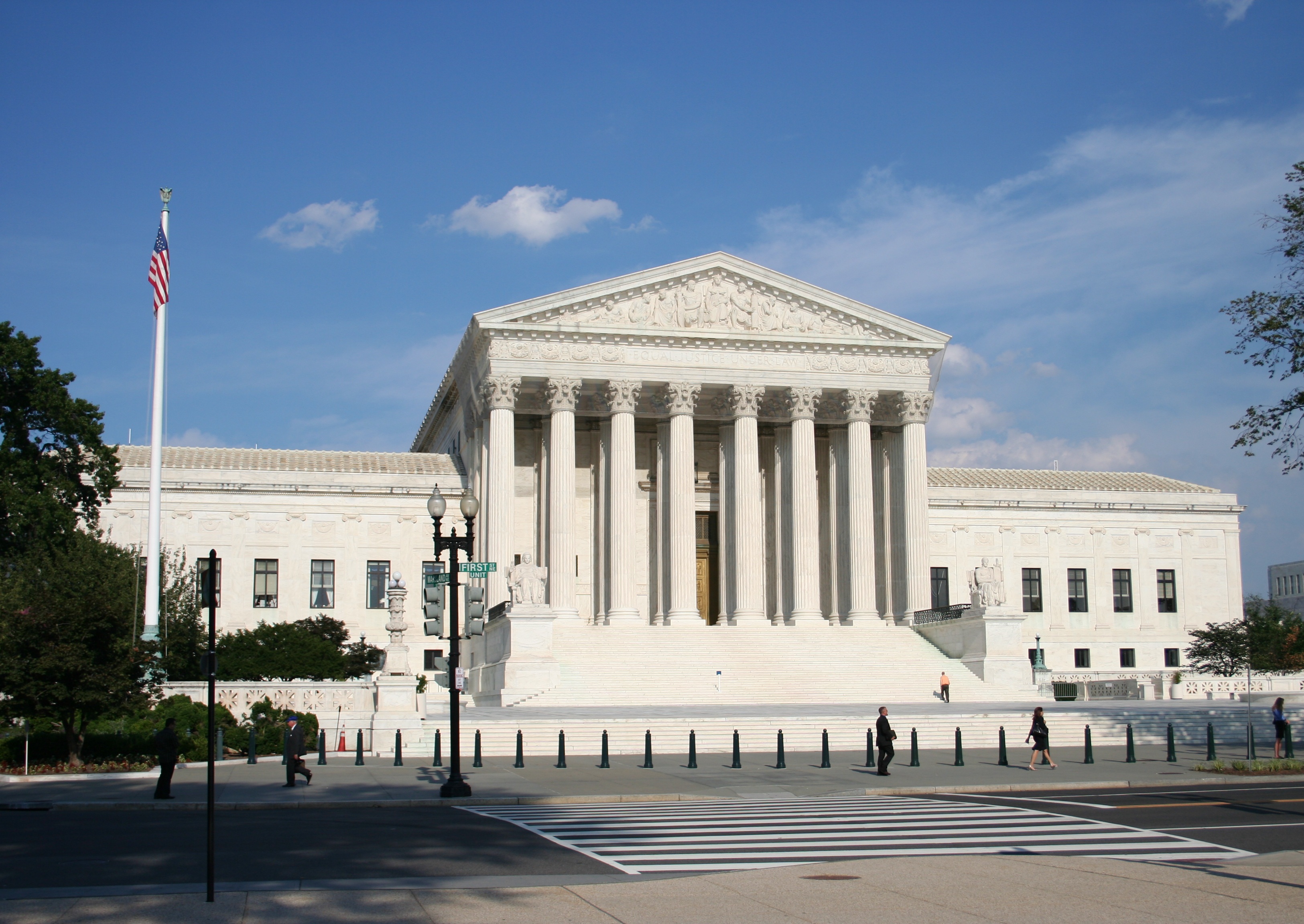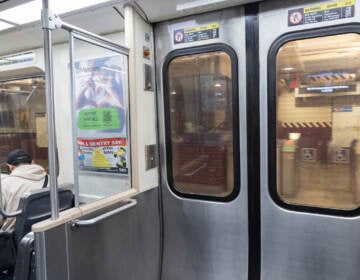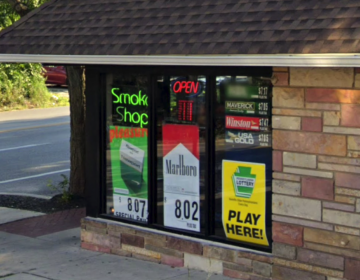May 2: Cities can sue for predatory lending | Pittsburgh affordable housing fund | 5100 Lancaster

The U.S. Supreme Court ruled on Monday that cities can sue major banks for discriminatory lending practices that hurt low-income neighborhoods during the Great Recession, the LA Times reports. The court’s decision in two consolidated cases, Bank of America v. Miami, and Wells Fargo v. Miami, means that cities can be an ‘aggrieved person’ who can sue over the impact of housing discrimination on its property tax base and ultimately the city’s finances.
How can Pennsylvania prevent cities from fiscal crisis? Keystone Crossroads’ Emily Previti goes over seven recommendations from the grand jury investigating Harrisburg’s near-bankruptcy, including restricting local officials and employees’ ability to move between the public and private sectors, requiring companies to post a performance bond in order to secure public contracts, and requiring public bidding for professional services, and simplify related state law so it’s consistent among municipalities.
Philadelphia property values “jumped 5 percent from January through March, according to Drexel University economist Kevin Gillen’s home price index, the largest first-quarter gain since the index began in 1980.” Caitlin McCabe reports that the city’s still-hot market is driven by low inventory, high demand, and slower construction activity than earlier boom years.
Pittsburgh City Council is considering a controversial tax increase and issuing $100 million in bonds to kickstart financing for affordable housing. The Post-Gazette reports that the legislation, which is “designed to relieve a housing shortage among low- to moderate-income families,” would pay for the affordable housing trust fund to build and rehab ideally 700 affordable units each year but would increase the realty transfer tax from 4 percent to 5 percent.
Hidden City takes us to 51st Street and Lancaster Avenue, currently a hopping event hall that was originally home to the George Institute and Library. The Institute, willed by prominent Quaker Jesse George, “served as a community center where local clubs, organizations, and unions could meet and where low income neighbors received aid.” Since then, the original library has housed industrial tenants including a chemical laboratory, electronics supplier company, an auto parts retailer, a day care center, a neighborhood gym, and a printing and publishing office.
A Rand study focused on two neighborhoods in Pittsburgh found little evidence that the new supermarket in a ‘food desert’ directly changed dietary habits, the Post-Gazette reports. The study concluded that socio-demographic characteristics, including a person’s gender, education and family situations, played a large role in dietary choices, and that additional individual and environmental (food stores’ marketing and layout) policy interventions were also necessary.
WHYY is your source for fact-based, in-depth journalism and information. As a nonprofit organization, we rely on financial support from readers like you. Please give today.







